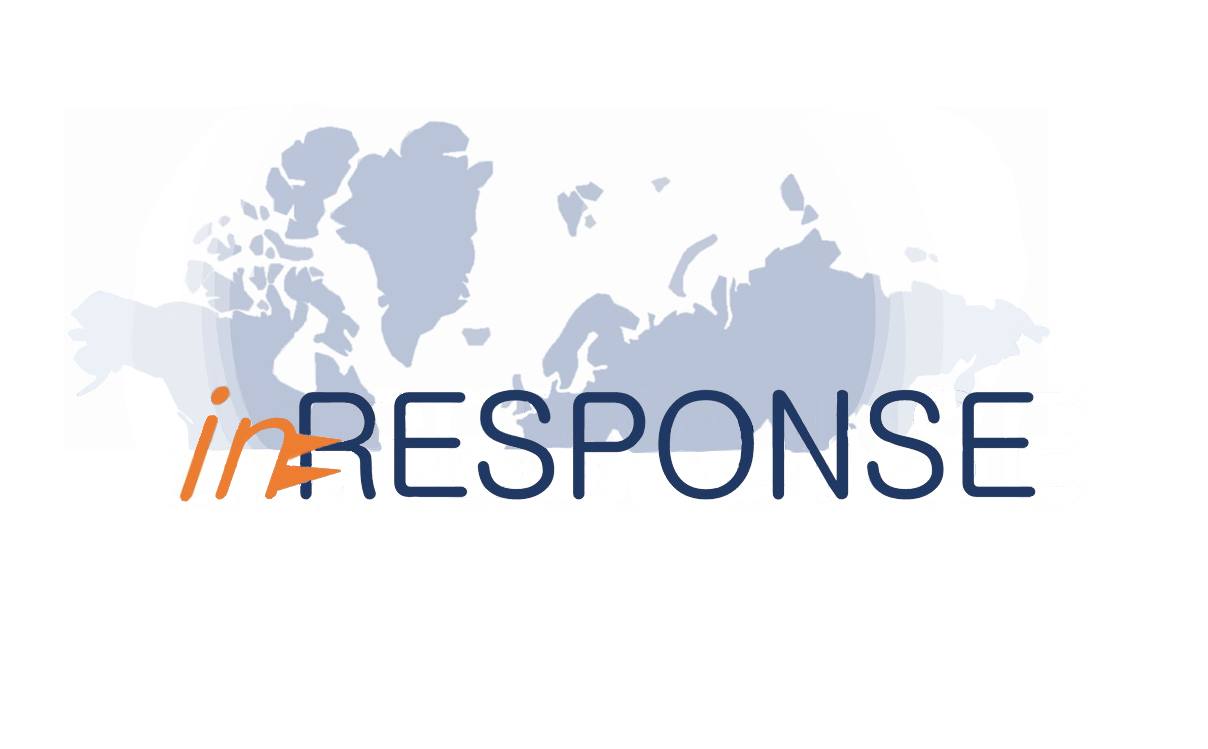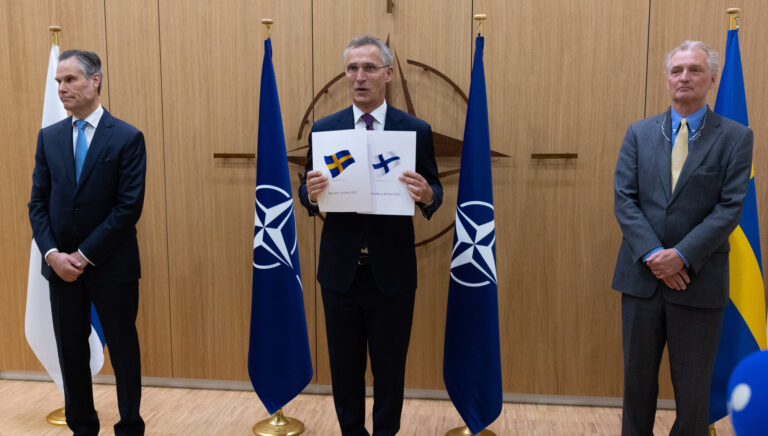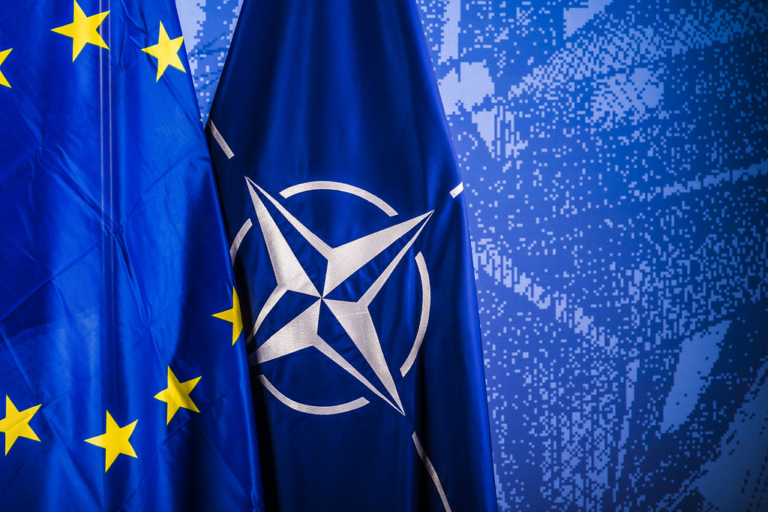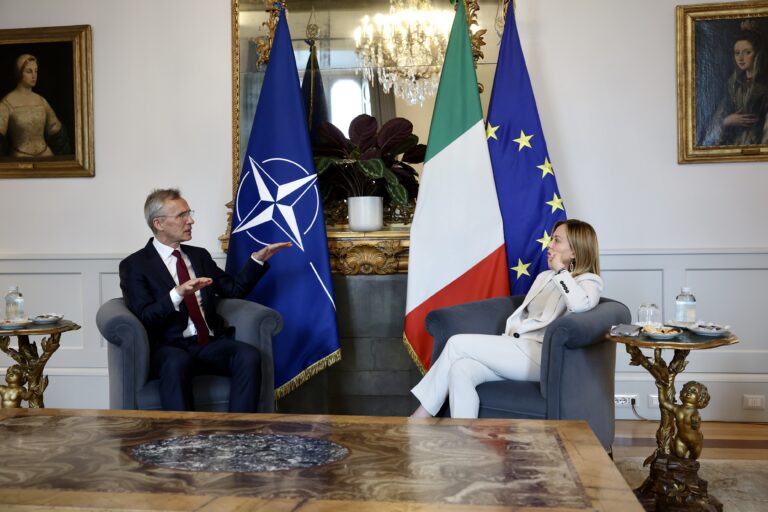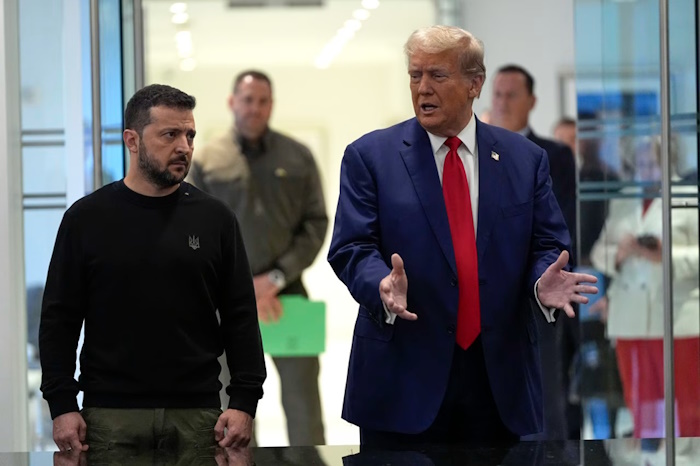Will the European Union Become Militarily Independent by 2030?
by Henrique Monteiro, PhD Candidate at the Universitat Autonoma de Barcelona & inRESPONSE Researcher

Europe is at a crossroads. The post-Cold War overlapping institutional set-up that created the identity of the European Union and safeguarded its collective security for multiple decades is being exceptionally challenged. Russia’s 2022 invasion of Ukraine raised security concerns that have not troubled the continent in a long time. Moreover, Donald Trump’s lead in the polls to become the Republican candidate for the 2024 US Presidential election leaves EU leaders uneasy, as Trump’s distaste for NATO and the war in Ukraine directly question his commitment to European security. This has left European politicians asking, should EU member states become militarily independent from the US by the end of the decade?
Manfred Weber, leader of the European People’s Party (EPP), has stated EU countries must “dramatically increase [their] defences” in the coming months in order to handle their own security needs. The leader of the EPP has argued that to safeguard regional security, EU member states must prepare for war in the near future by returning to longstanding ideas of a ‘European Defense Union’, complete with a defence commissioner, joint EU land, sea and air forces, a cyber shield and a nuclear umbrella to fend off any type of Russian attacks on the continent. Weber has argued EU leaders should regard this as an opportunity to no longer depend on Washington and become militarily independent for the first time in EU history.
A European Defense Union would, if followed through, mark an important shift from the original ESDP 1999 goals and be a milestone in a transition towards a more self-reliant and influential Europe as an international actor. The coordination of Europe’s national defenses would insert the continent into the small group of great powers who possess hard power capabilities to influence world politics, such as the US, China, Russia and perhaps India.
This would be pertinent for EU member states as it would serve in addition to NATO, not in spite of it. It would create a cooperative defense for the continent in case NATO would not act to protect European security, a rare event that nonetheless needs to be accounted for, as Trump’s potential election looms over the US’s foreign policy choices. In case the US would not assist EU member states through NATO, then EU security would be safeguarded by their own defense cooperation to avoid or respond to an aggression on an EU member state. In the same way that the US’s unpredictable 2024 Presidential election results casts doubt on EU security, so does Russia’s aggression on Ukraine, its blatant disregard for international law or the principle of sovereignty. A ‘European Defense Union’ would be an answer to both.
Despite this being the case, EU consensus decisions are notoriously difficult to reach. This sheds doubt on the feasibility of the process from the start. Moreover, an EU nuclear umbrella would have to rely most heavily on France as the main contributor, something that could change power relations within the union and that might not be so readily accepted by fellow member states. Even though there is no shortage of challenges to overcome in order to follow Weber’s proposal, such as the complex decision-making process and steep costs, it appears clear that Europe has a choice to make. Either to stay as is, continue to rely on Washington for its security necessities and become vulnerable to the US’s internal power struggles; or to move forward with a ‘European Defense Union’ and see its role on the international stage increase. There is no doubt this moment carries historical relevance, and it is an opportunity the EU cannot pass on, for its own sake.
The views, thoughts, and opinions expressed in the blog posts belong solely to the authors, and are not necessarily representative of the Institut Barcelona d’Estudis Internacionals (IBEI) nor the Spanish Ministry of Science and Innovation. The content provided through our blogs is for informational purposes only. Readers are encouraged to consider the context and research behind the viewpoints shared within each blog post.
